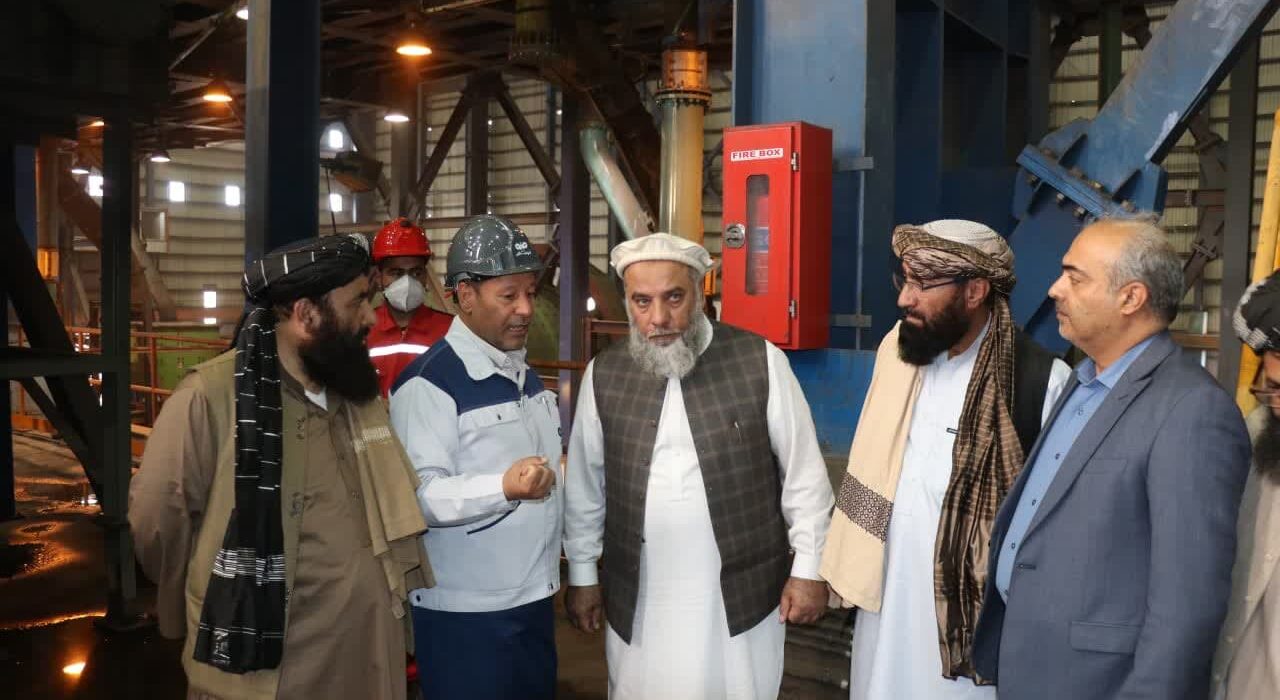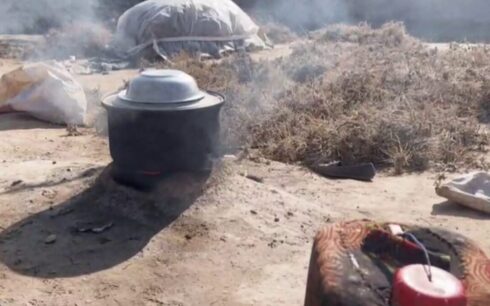As the Doha meeting approaches, Taliban in a meeting on Monday presented eight proposals regarding the private sector to the international community.
The Taliban-run Ministry of Industry and Commerce stated that the private sector is a significant agenda item for the Doha meeting, urging global support for Afghanistan in this area. However, representatives of Afghanistan’s private sector have criticized the Taliban’s pressures on businesses during previous meetings with the ministry.
The third Doha meeting, hosted by the United Nations, is scheduled to take place in Qatar next week.
The Taliban plan to discuss several issues with international representatives and the U.N., including the release of Afghanistan’s frozen funds, shifting international aid from humanitarian to infrastructure support, completing unfinished projects, normalizing Afghanistan’s banking relations with global banks, reactivating Afghanistan’s membership in the World Trade Organization, global marketing for Afghan products, supporting the private sector in policies and programs, and easing visa restrictions for traders.
The Taliban’s proposals for the private sector include:
Releasing Afghanistan’s frozen funds
Shifting international aid from humanitarian to infrastructure support
Completing unfinished projects
Normalizing Afghanistan’s banking relations with global banks
Reactivating Afghanistan’s membership in the World Trade Organization
Global marketing for Afghan products
Supporting the private sector in policies and programs
Easing visa restrictions for traders
Nouruddin Azizi, the acting Minister of Industry and Commerce, said, “We have banking and transaction issues. We ask the international community, especially UNAMA and the United Nations, to address our banking concerns. Negative reporting achieves nothing; it only sets Afghanistan back.”
The former head of the Afghanistan Banks Association stated that banking sanctions have created significant challenges for Afghanistan’s private sector.
The meeting, titled “Economic Meeting Between the Private Sector and Donors,” was covered by Afghan national television, now run by the Taliban, which only broadcast the speech of the acting Minister of Industry and Commerce, omitting speeches from private sector members and other speakers.
In a previous ministry meeting on June 6, members of the Afghan Chamber of Commerce and Investment Board criticized the Taliban for exerting pressure on the private sector and the bureaucracy within Taliban-run ministries.
Khan Jan Alokozai, a board member of the Chamber of Commerce and Investment, criticized the Taliban’s treatment of traders, citing various taxes imposed on them. He noted that the Taliban’s Private Sector Support Fund is financed by traders but suggested finding other financial sources for the fund. Alokozai emphasized that the fund should address traders’ issues rather than financing large projects.
A recent report from the U.N. Secretary-General indicated that Taliban-imposed restrictions have significantly impacted women entrepreneurs, a crucial part of Afghanistan’s private sector. Some female traders reported facing gender discrimination in market access.





